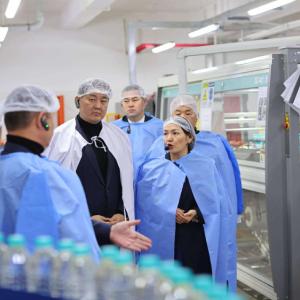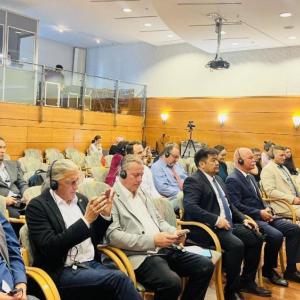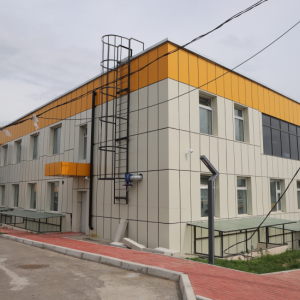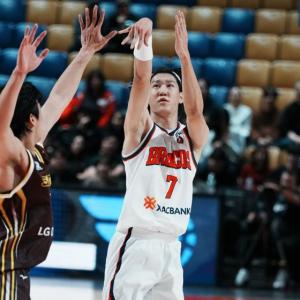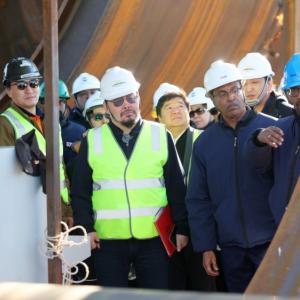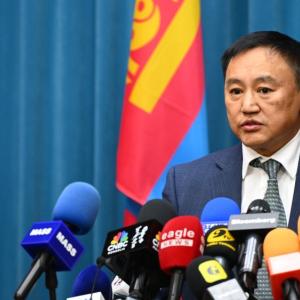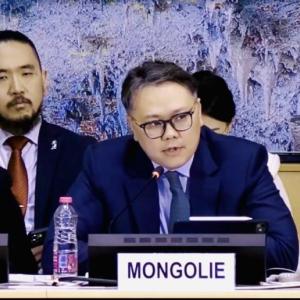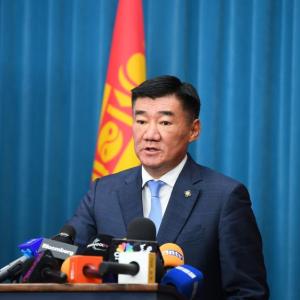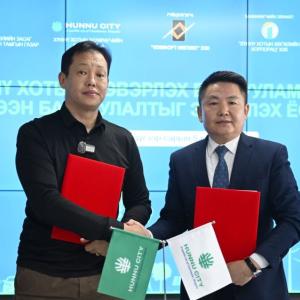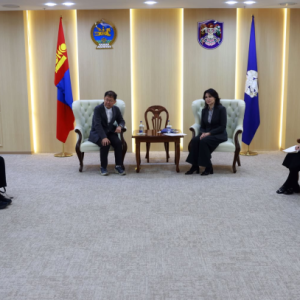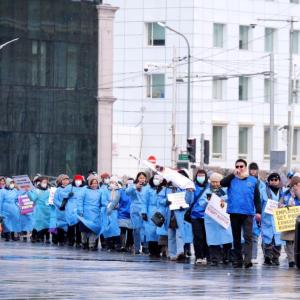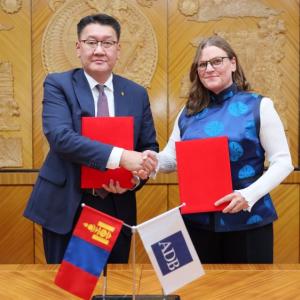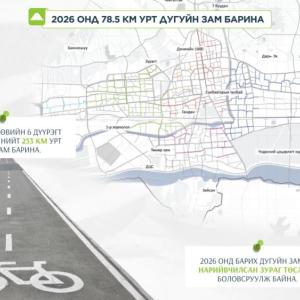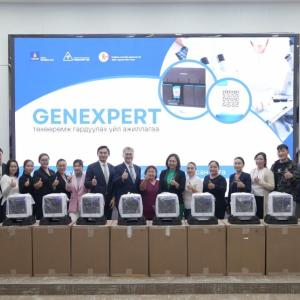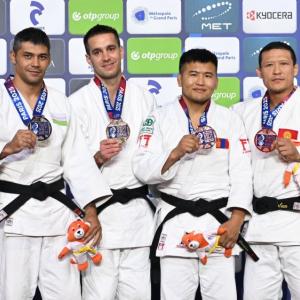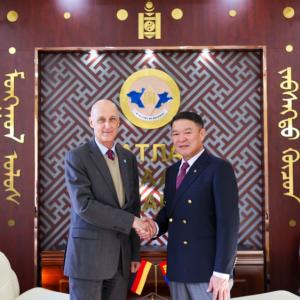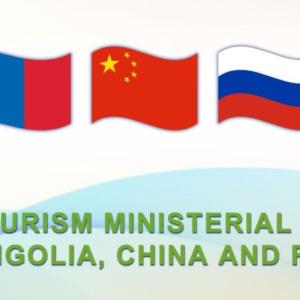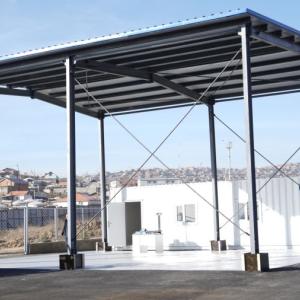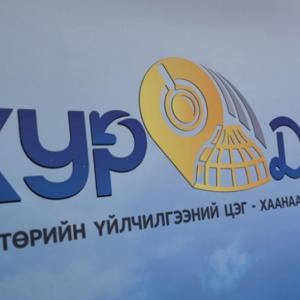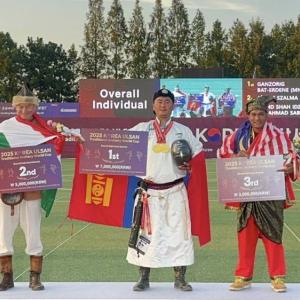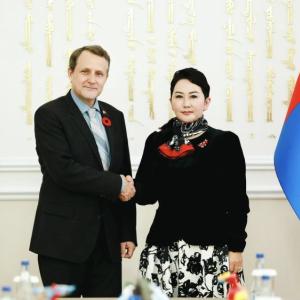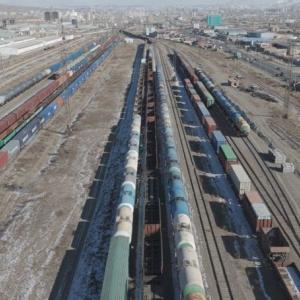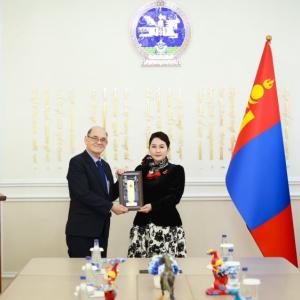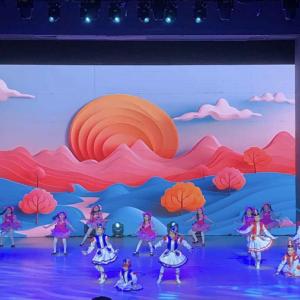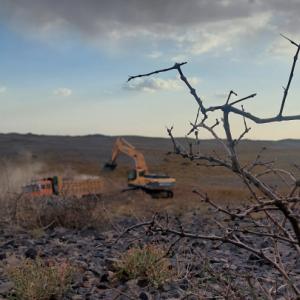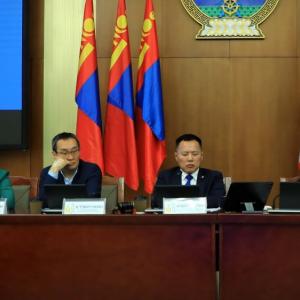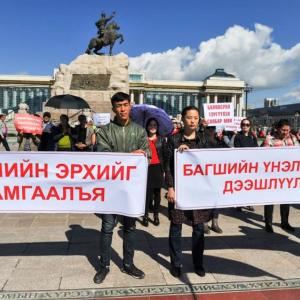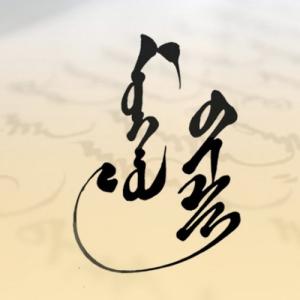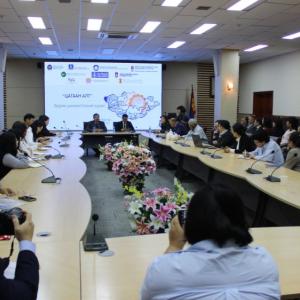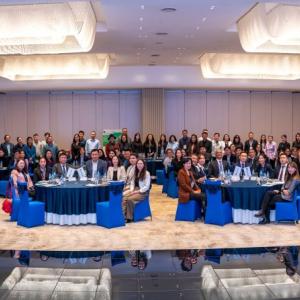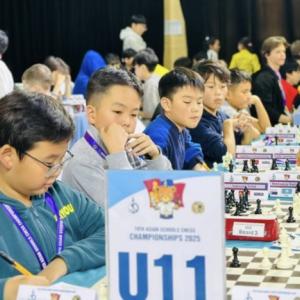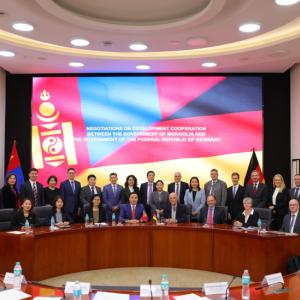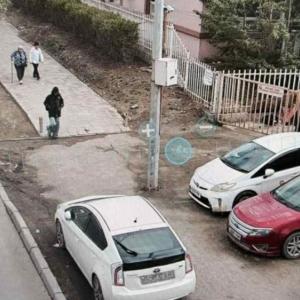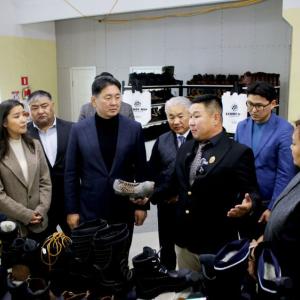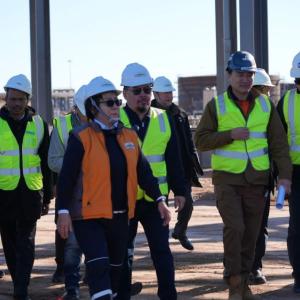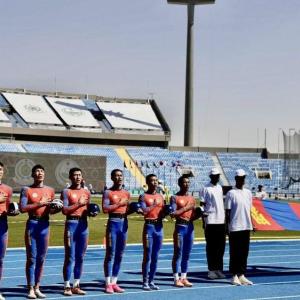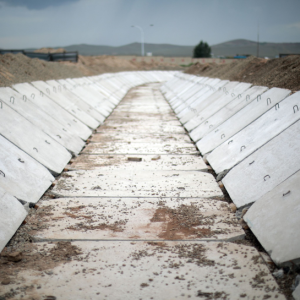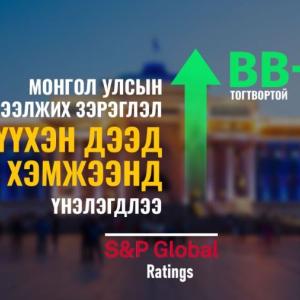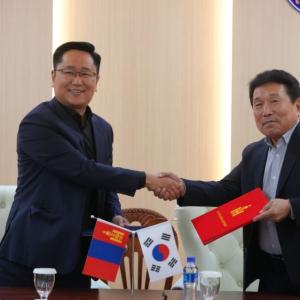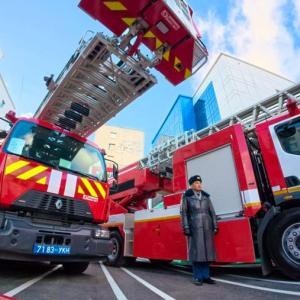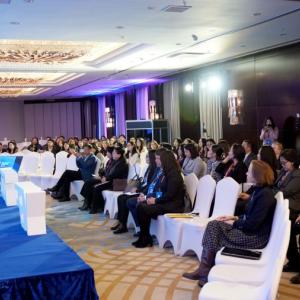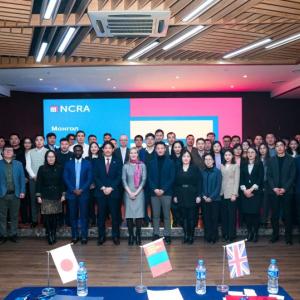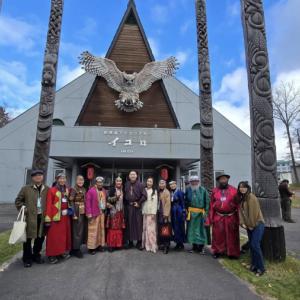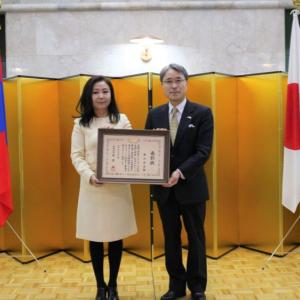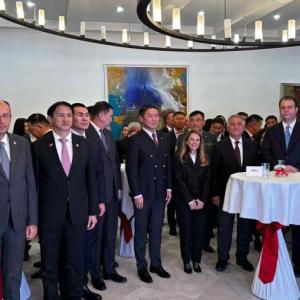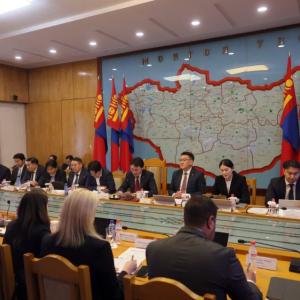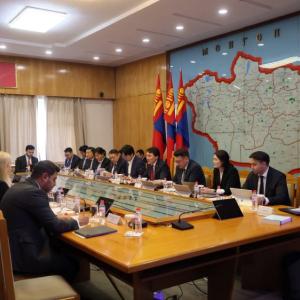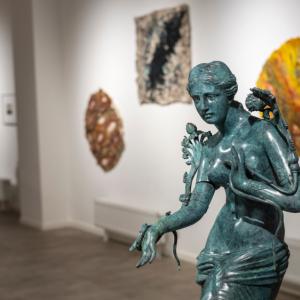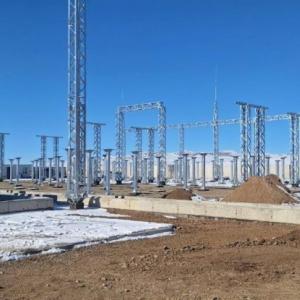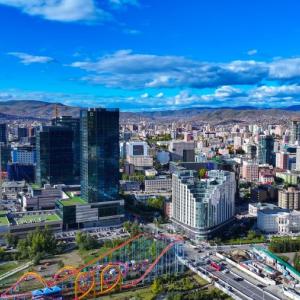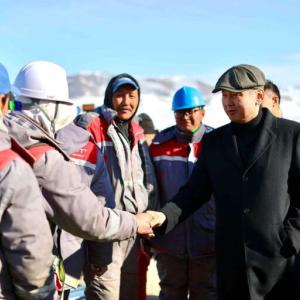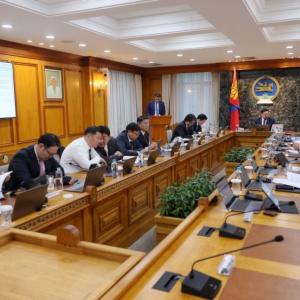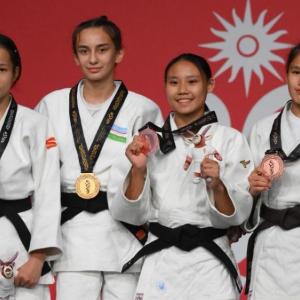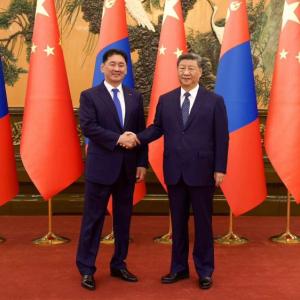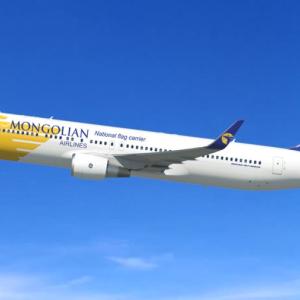ROK-Mongolia Takes the First Step in Personnel Administration Cooperation
Society
An article by Hwang Seo-chong, Minister of Personnel Management of Republic of Korea
Where
would the most eyed tourist destination in the world these days be? It is
‘Mongolia’ which is only 3 and a half hours’ flight away from Korea. The
World Tourism Organization (UNWTO) selected Mongolia as the No.1 emerging
tourist destination this year. We can feel it in Korea, too. The number of
Koreans visiting Mongolia has soared from 7,000 people in 2000 to 86,000 people
in 2018. Demand for flights between Korea and Mongolia also surged and multiple
airliners began operating
this year since the first flight to Mongolia 30 years ago.
I believe one of the reasons why Koreans travel to Mongolia
is the exotic natural scenery that we do not see in Korea. Mongolia is also our
close neighbor culturally as Korea and Mongolia have shared in history and tradition
for hundreds of years. Some of our culture, which is still alive today, was
influenced by Mongolia such as Korea’s traditional bridal crown called Jokduri,
red dots on a bride’s face called Yeonji Gonji, ox bone soup called
Seolleongtang, and a traditional deep-fried snack called Yakgwa. Official
diplomatic ties between Korea and Mongolia were established in 1990 and next
year will celebrate their 30th anniversary. The two countries have
treaties in various areas including trade, investment, tourism, and social
security, and have had active exchanges.
This year marks an important first step in cooperation in the
field of public personnel administration between our two nations. In March, on
a beautiful spring day in Seoul, the Cabinet Secretariat of the Government of
Mongolia (Minister of Mongolia, Chief Cabinet Secretary Mr. Luvsannamsrai
OYUN-ERDENE and the Ministry of Personnel Management of the Republic of Korea
signed a MOU on cooperation. In September, 4-day workshops were held in Ulaanbaatar,
Mongolia, to share experiences of the two countries on public personnel
recruitment exams and performance management. It provided a meaningful occasion
to pool together experiences in public personnel administration in the process
of national development in both countries, and to discuss solutions to pending
issues together. In October, a group of Mongolian trainees visited Korea and
had an in-depth discussion on public personnel administration issues, which
were not dealt with during the local workshop in Mongolia, and on the future
direction of cooperation.
Since the establishment of the government, Korea has taken
the public personnel system very seriously for it to be a successful government
operation. A year after the official birth of the government in 1948, "the
State Public Officials Act" was enacted, laying out the basis of personnel
administration. With each government, different environments have brought
changes to personnel systems as well. However, whatever the government may be,
the principle of personnel administration remained the same, making society of
competent and trustworthy public officials. In particular, 'the Ministry of
Personnel Management' was launched amid the public's desire for fundamental
reform of the civil service in 2014.
"The Constitution of the Republic of Korea"
guarantees "a right to hold a public office' for anyone eligible. Also,
"the State Public Officials Act" stipulates the principle of a merit
system. Accordingly, public servants are chosen by the principle of an 'open
competition recruitment exam' for which anyone without any prohibition of
qualification may apply. For some fields in need of special expertise,
experienced workers are separately hired. In particular, the Korean government
is strongly promoting a balanced personnel policy so that various talents of
the society can be equally employed by the government including women, the
physically challenged, and those from local areas, etc. The government has also
continuously improved its performance evaluation and employment/wage system,
etc. so that those who enter public service can be evaluated as to their
ability and performance for promotion. Lately, it is endeavoring to innovate
the fundamental culture of the public servants for them to tackle issues actively
and preemptively and produce the outcomes that the public expects.
I am aware that Mongolia is also pursuing HR innovation as
one of the core tasks of reforming the government. I heard that “the revised
Civil Service Act” became effective this year, and open recruitment was
conducted for the first time in November this year. I also learned that a
dedicated office for HR management would be installed in the Cabinet
Secretariat of the Government of Mongolia within this year. I could feel
Mongolia’s passion and sincerity toward innovation through the recent series of
exchanges such as an MOU and workshops.
Our bilateral cooperation in the area of personnel
administration has just begun. The Ministry of Personnel Management will
provide active exchanges and support so that personnel administration will
become a major cooperation area between Korea and Mongolia.
Mongolia has always been a stronghold for exchanges between
the East and the West since
ancient times due to geographical factors. In particular, various cultural
heritage was spread through ‘the Steppe Route’, one of the Silk Roads, that
crosses Mongolia. I hope that the cooperation in the field of public personnel
administration which began this year will pave an invisible Steppe Route to
contribute to transforming the Mongolian government and creating a reliable
civil service.
 Ulaanbaatar
Ulaanbaatar





